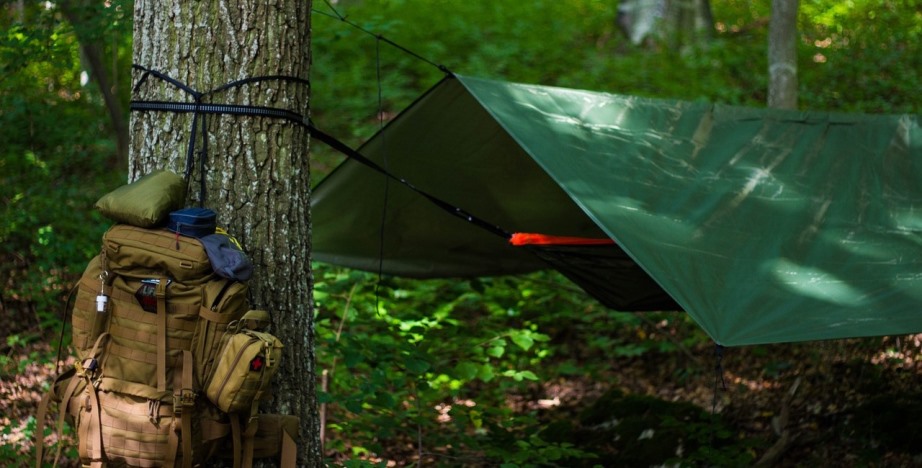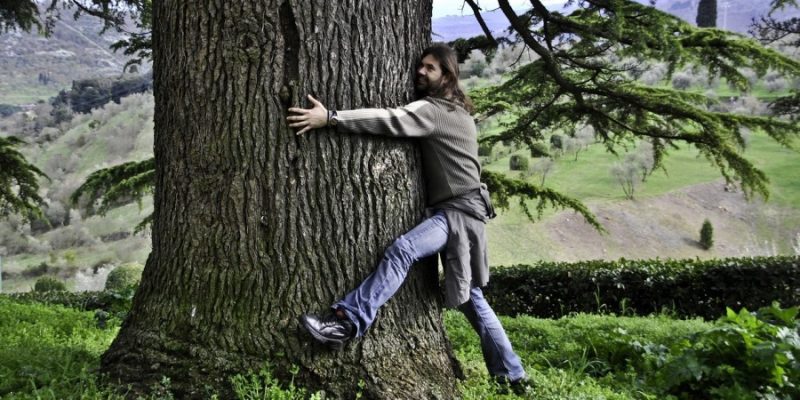
Sleeping is essential for the health of all living beings, but moreover, it’s the quality of sleep that counts. Usually, humans sleep indoors in a closed, sheltered environment, but sleeping outdoors in the open air i.e. in nature can have increased health benefits.
Outdoor sleeping may be done in the night or on the day, perhaps simply in a sleeping bag in open air, or alternatively in a camping tent or hammock (with bug net). The latter options have the advantage of avoiding that little (or bigger) insects and wildlife come crawling in your face or in your sleeping bag, as it were.

There are several benefits to sleeping outdoors compared to sleeping indoors. This includes waking up with natural sunlight exposure (improves your biological clock, natural rhythm, and energy levels), fresh air (higher Oxygen quality improves body, mind, and brain functions), inhaling phytoncides (volatile antibacterial and antifungal plant compounds found in the air, which strengthen your immune system), and lower stress levels because of a natural environment, among others.
Additionally, sleeping outdoors means that you typically don’t expose yourself to artificial light before going to sleep, which has a positive effect on sleep quality.
Of course, sleeping in the open air must be done with caution; storms, rains, flash floods, intense cold weather, or strong winds can make it a not-so-pleasant or even dangerous experience. Mind also that you sleep in a safe place, that is, one that has little or no chances of large branches, complete trees, or rocks tumbling upon you, and likewise shelters you from unwanted night-time human visitors.
All by all, when done with the proper precautions, sleeping outdoors can be a very calming and pleasant experience, one that is prone to improve your sleep quality and thus your overall health and well-being.














